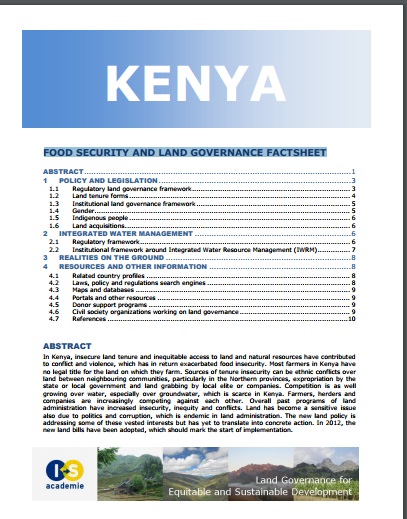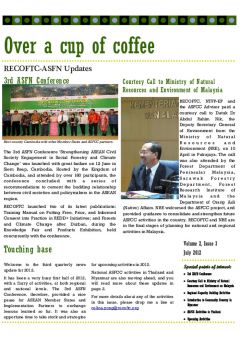“The Government Could Have Stopped This” - Sectarian Violence and Ensuing Abuses in Burma’s Arakan State
Summary:
"In June 2012, deadly sectarian violence erupted in western Burma’s Arakan State between
ethnic Arakan Buddhists and Rohingya Muslims (as well as non-Rohingya Muslims). The
violence broke out after reports circulated that on May 28 an Arakan woman was raped and
killed in the town of Ramri allegedly by three Muslim men. Details of the crime were
circulated locally in an incendiary pamphlet, and on June 3, a large group of Arakan
villagers in Toungop stopped a bus and brutally killed 10 Muslims on board. Human Rights








